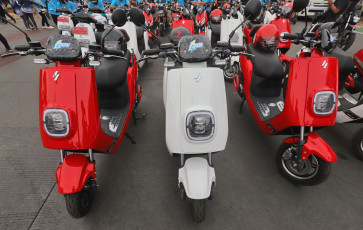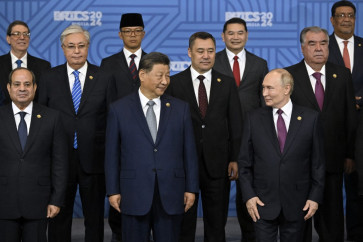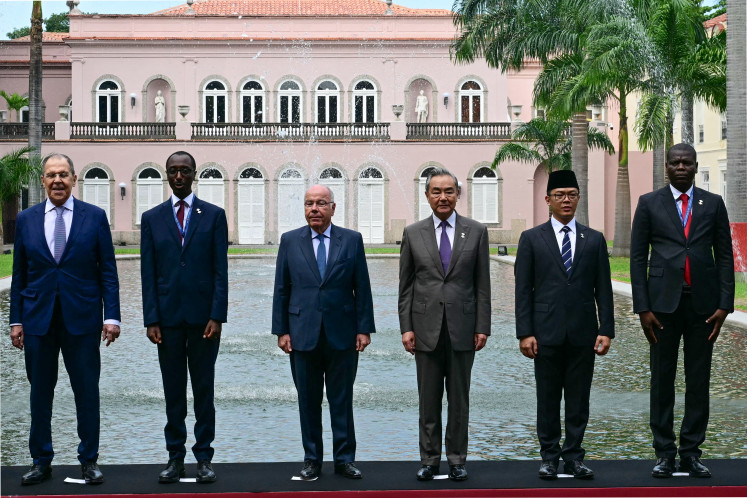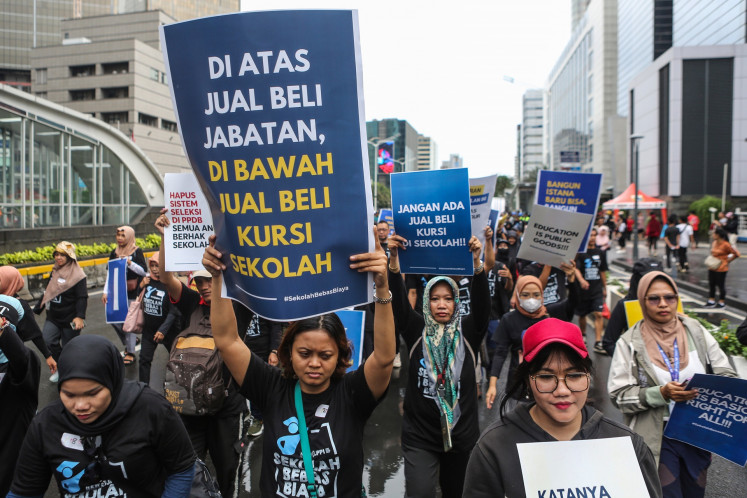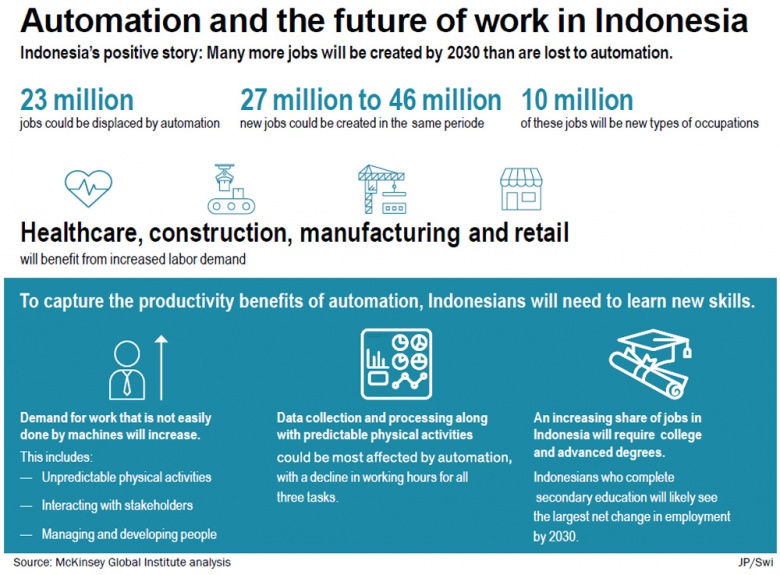Experts underline risks of automation on Indonesia’s workforce
“Technology offers great opportunities for our economy. However, more people will be unemployed if they don’t learn the skills that computers or machines aren’t able to replicate."
Change text size
Gift Premium Articles
to Anyone
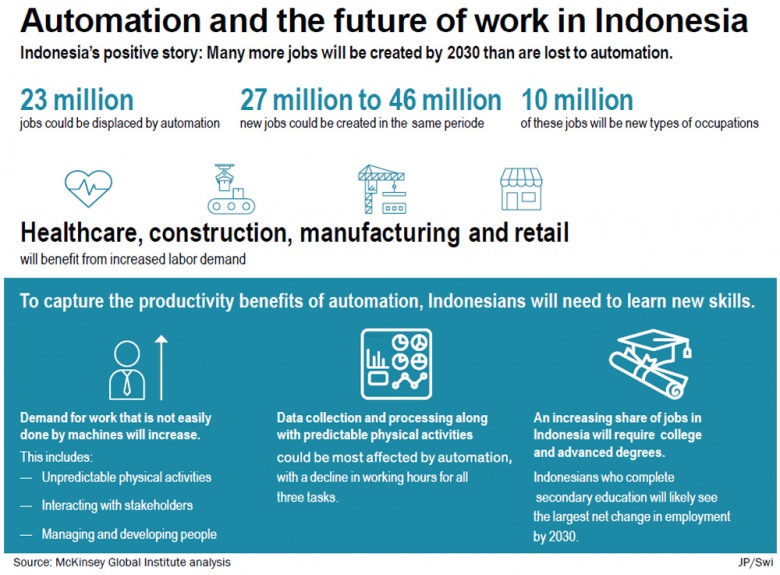 Automation and future work in Indonesia. Experts have warned that the growing presence of automation in Indonesia would severely affect the country's unskilled workers (McKinsey & Company/-)
Automation and future work in Indonesia. Experts have warned that the growing presence of automation in Indonesia would severely affect the country's unskilled workers (McKinsey & Company/-)
I
ndonesia should not only improve the skills of its workers but also change its educational system from as early as elementary school to minimize the impact of automation on the country’s workforce, a minister has said.
According to Research and Technology and Higher Education Minister Bambang Brodjonegoro, the increasing presence of automation as a result of the growing use of digital technology could lead to higher unemployment and further widen inequality if nothing is done to improve the skills of Indonesia’s workers.
“Technology offers great opportunities for our economy. However, more people will be unemployed if they don’t learn the skills that computers or machines aren’t able to replicate,” Bambang said during a forum titled, Inequality in the Modern Era: Unresolved Questions, at the University of Indonesia’s (UI) Economic and Business School in Depok, West Java, on Monday.
Speaking at the same event, SMERU Institute founder and former director Sudarno Sumarto said digital technology and innovation needed to be adopted into the country’s traditional curriculum from as early as elementary school to prepare the younger generation for a functional and useful labor force in the next five to 10 years.
“Quality education can no longer be measured merely by the memorization of textbooks but instead should be integrated with soft skillset training on subjects such as big data, fintech or e-commerce,” said Sudarno on Monday.
Furthermore, UI emeritus professor in economics Emil Salim predicted that Indonesia will soon the peak of its demographic bonus from 2025 to 2030, during which the working-age population could account for 70 percent of the total population.
“Indonesia will have 70 percent of its population falling under the category of the productive population starting in 2025 and the figure will stay relatively consistent all the way until 2036. If we can make the most out of the productive population, many Indonesians will be able to escape the middle-income trap,” said Emil.


